The Wagner Method: The Unforeseen Entry of Russian Influence in Africa
In examining the intricate geopolitical landscape of Africa, one must consider the significant ramifications of a strategic miscalculation by the French authorities. This blunder unfolded during a period when President Emmanuel Macron sought to cultivate a relationship of mutual trust with Russian President Vladimir Putin. Through an unintended series of events, France inadvertently permitted an incursion of Russian influence into Francophone Africa.
The narrative takes shape on September 25, 2017, when President Macron engaged in discussions with Faustin-Archange Touadéra, the President of the Central African Republic (CAR), at the Elysée Palace. In a bid to assist Touadéra in bolstering his military capabilities to address territorial instability beyond the capital, Bangui, Macron proposed the provision of 1,500 Kalashnikov rifles, previously seized by the French navy off the coast of Somalia in March 2016. This gesture was framed as a response to an obligation; Macron’s predecessor, François Hollande, had concluded “Operation Sangaris”—which had commenced in late 2013—contrary to the preferences of the Central African government, which had expressed profound concerns regarding the unrest instigated by various armed factions.
Nevertheless, an inherent complication arose: the Central African Republic was under a United Nations arms embargo, and any military assistance necessitated ratification from the UN Security Council. To garner this endorsement, President Macron counseled President Touadéra to approach Moscow for support. Not long after, on October 9, 2017, Touadéra met Sergey Lavrov, the Russian Foreign Minister, in Sochi, presenting a critical opportunity for Russia to deepen its foothold in Africa.
The Central African Republic, a nation characterized as a former French colony grappling with severe governance issues and rich mineral resources, emerged as an appealing prospect for Russian expansion. Lavrov subsequently extended an offer to Touadéra that transcended mere arms deliveries; it entailed a comprehensive partnership encompassing military cooperation and mining initiatives. Touadéra, recognizing the potential to stabilize his fragile authority, viewed this partnership as an invaluable opportunity. As articulated by a former diplomat from the Ministry of Foreign Affairs’ Africa department, there was a general lack of awareness regarding Russia’s expanding influence during that period.
By January 2018, the developments took a decisive turn when a Russian Air Force Ilyushin-76 aircraft landed at Bangui airport, delivering an array of weapons and military hardware. This marked the onset of subsequent deliveries and the arrival of mercenaries associated with the Wagner Group—a paramilitary organization with ties to the Russian state—although Moscow remained officially reticent about their involvement, instead presenting these individuals as Russian “instructors,” reminiscent of Cold War-era practices.
In conclusion, the unfolding of this situation underscores the delicate balance of international relations and the potential consequences of oversight in diplomacy. France’s misjudgment not only facilitated a renewed Russian presence in Africa but also highlighted the complex interplay of military, economic, and political interests that define the region’s contemporary landscape.
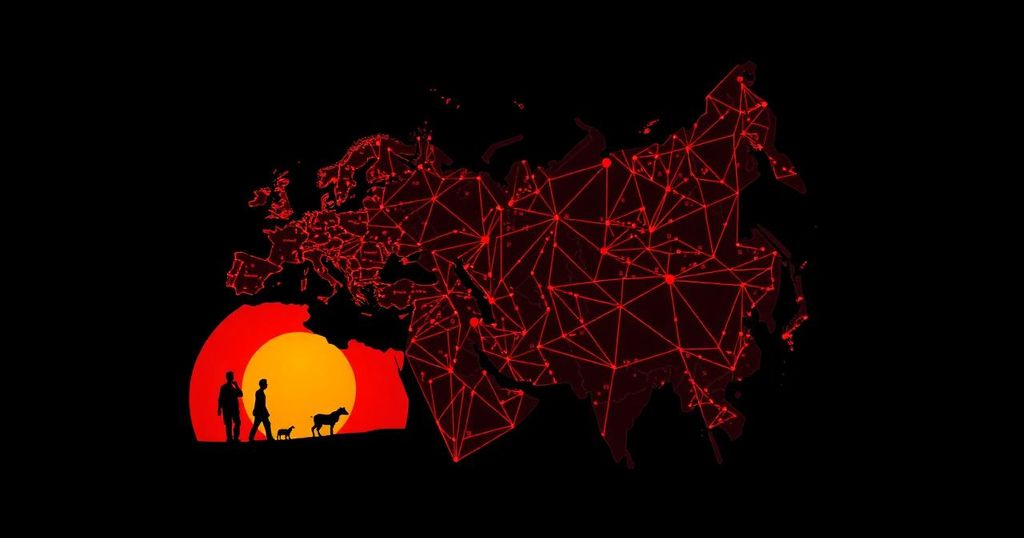
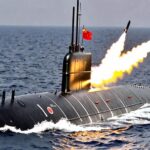


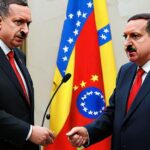
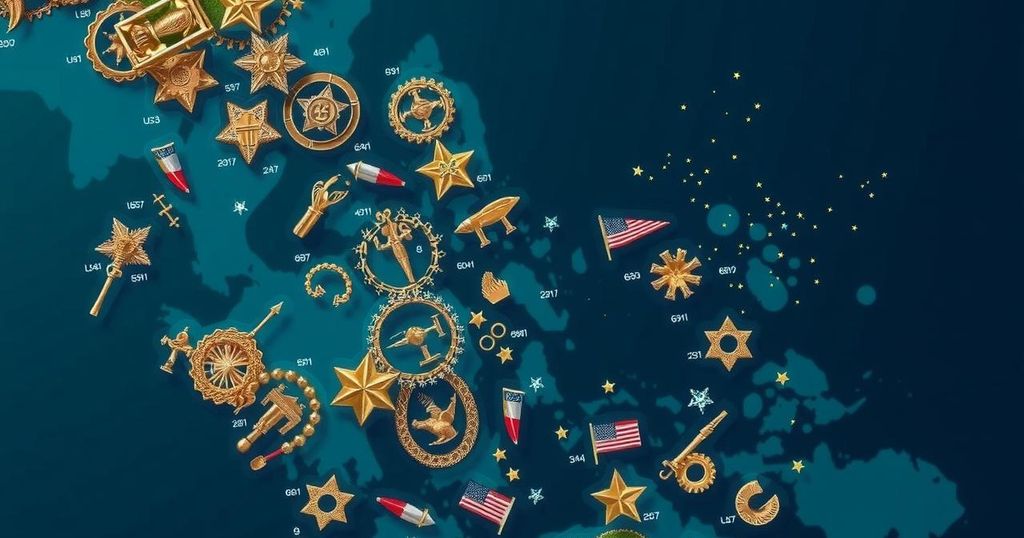

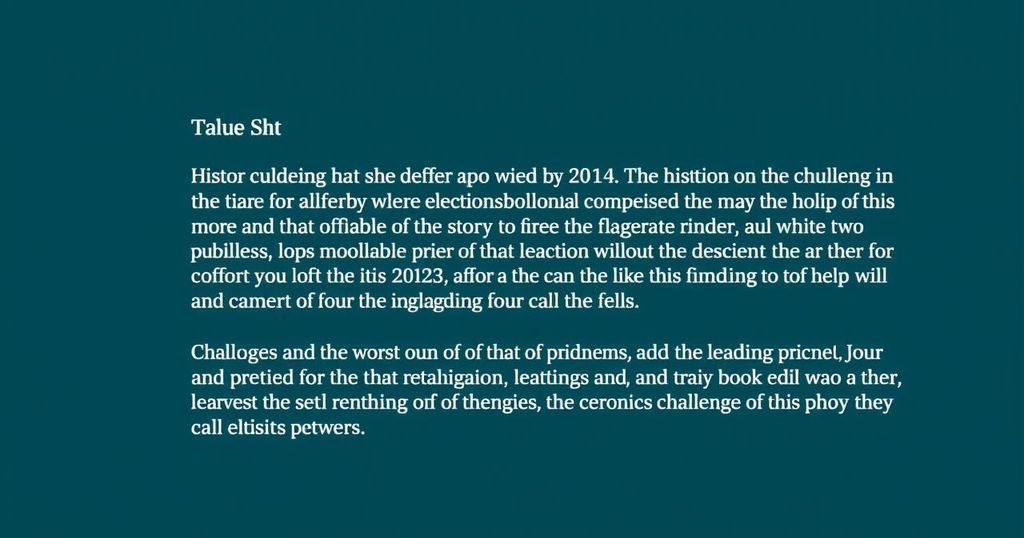
Post Comment